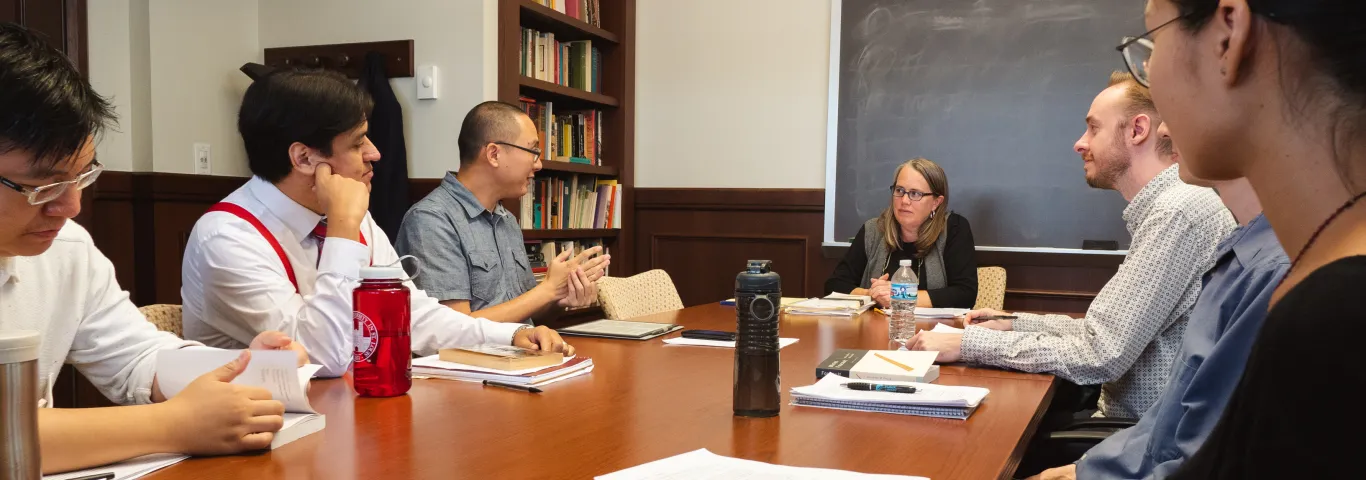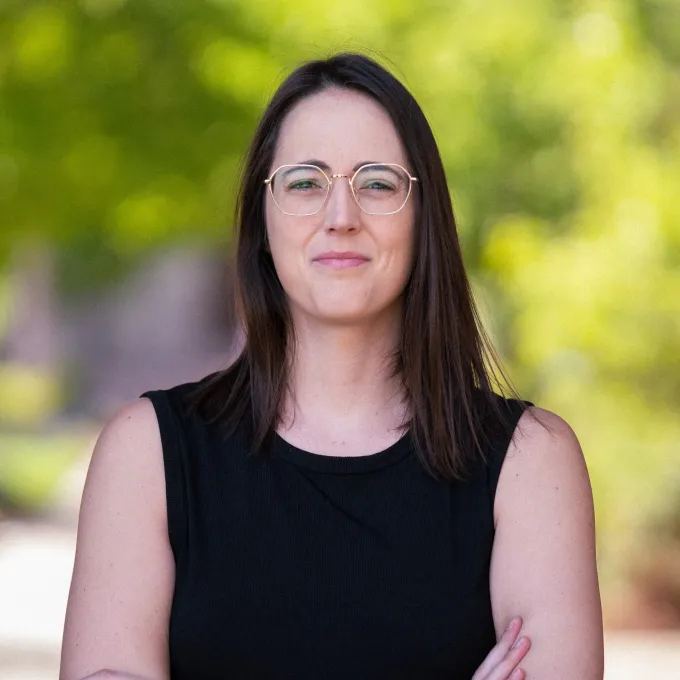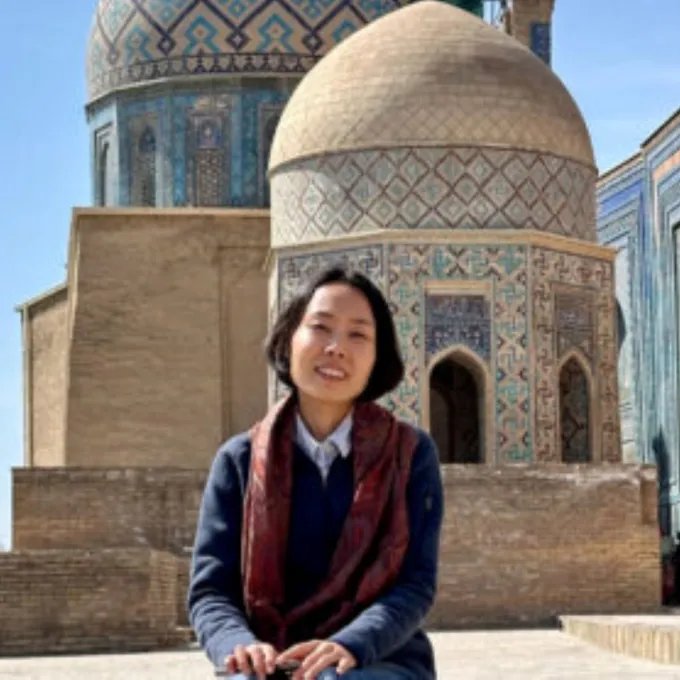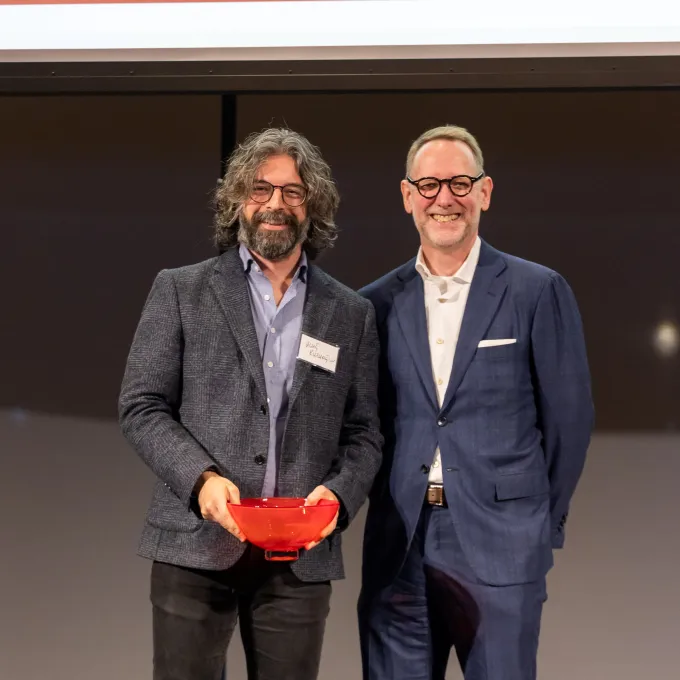The History PhD
The graduate program is committed to training students to do innovative research and supports them in pursuing a variety of careers. Doctoral training is available in any chronological or geographical specialization covered by a tenured faculty member. Areas of current coverage include modern and medieval / early modern Europe, modern and early modern East Asia, and nineteenth- and twentieth-century US. Also of interest are thematic clusters that draw on the expertise of substantial segments of the faculty. These clusters enable graduate students to bridge conventional historical fields and pursue interdisciplinary research. Thematic clusters include imperialism, colonialism, indigeneity; science, medicine, technology, environment; international, transnational, and global history; international urban history; race, ethnicity, and migration; and global early modern. More information about departmental strengths can be found on the History research page.
The small size of the graduate program fosters a close working relationship between students and faculty. We invite applications from mature and self-directed students with well-defined research interests. Our seminars are small and flexible, and we encourage students to develop creative, self-tailored programs of doctoral study. The History Department funds most doctoral candidates for six years at highly competitive levels and is committed to providing additional financial resources to support advanced research.
Our graduates are accomplished professionals in academia, private high schools, non-profits, business, and the public sector.








































